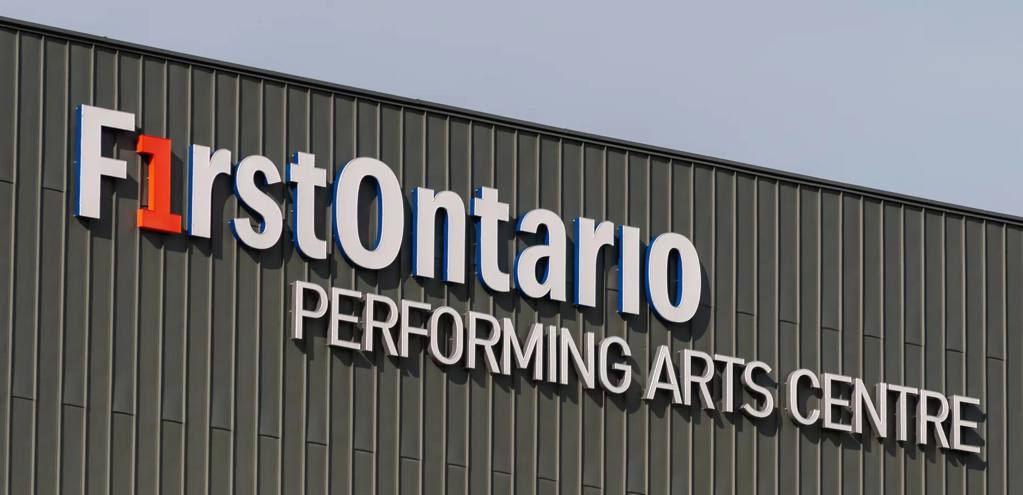The Better Cities Film Festival made its long-awaited return to St. Catharines on Nov. 5.
The film festival served as an opportunity to inspire attendees to re-imagine urban life. A major goal of this event was to engage visitors to build happier and stronger communities. As such, the films on display this year showcased themes of housing, urban design, sustainability and arts and culture.
The Downtown St. Catharines website states that the Better Cities Film Festival “collects, curates and presents the very best films on the theme of making better cities, towns, and neighbourhoods.”
The event kicked off at 10 a.m., with neighbourhood walking tours that invited citizens to learn about what makes a traditional neighbourhood design and missing middle housing in their own communities. The goal of this portion of the event was to offer “local reflections on the challenges and opportunities” within the St. Catharines community.
At 3 p.m., the film festival screening and panel discussion began at the FirstOntario Performing Arts Centre Film House. Tickets were processed as pay-what-you-can donations with a suggested payment of $10, with all proceeds going to Community Care.
The event concluded with a Better Cities After Party starting at 5:30 p.m. at the Niagara Artists Centre. Patrons could enjoy snacks and drinks, with access to the event being free with a film ticket to the main event.
The film festival last came to St. Catharines in 2019, selling out in the process. Better Neighbourhoods Inc., the organization behind the event, had hoped to make a return to the Garden City ever since, but COVID-19 restrictions came in the way.
While the Better Cities Film Festival is based in the U.S., Better Neighbourhoods Inc. spreads its reach to other communities across the globe in order to share awareness about city development on a worldwide scale.
The Better Cities Film Festival brought together industry specialists, community leaders, residents and development communities to help citizens learn creative strategies for addressing urban community challenges.
For more information on the event, visit the Niagara Artists Centre link here.

